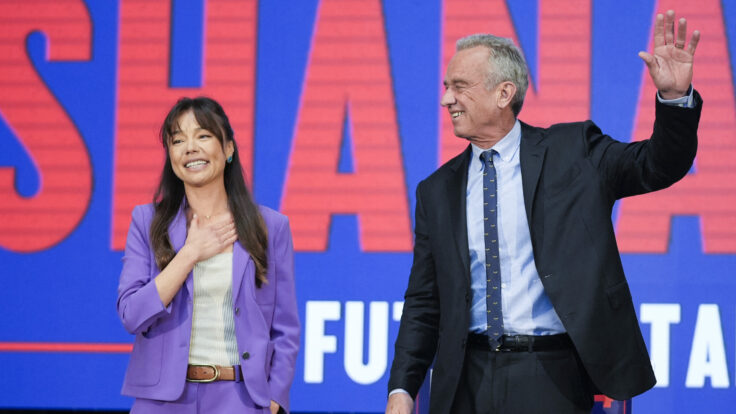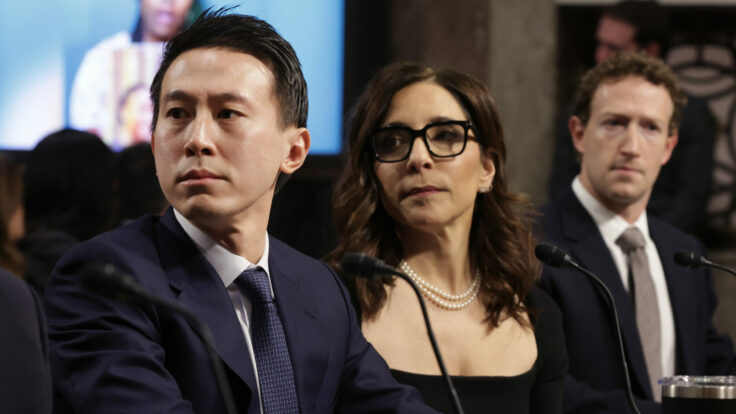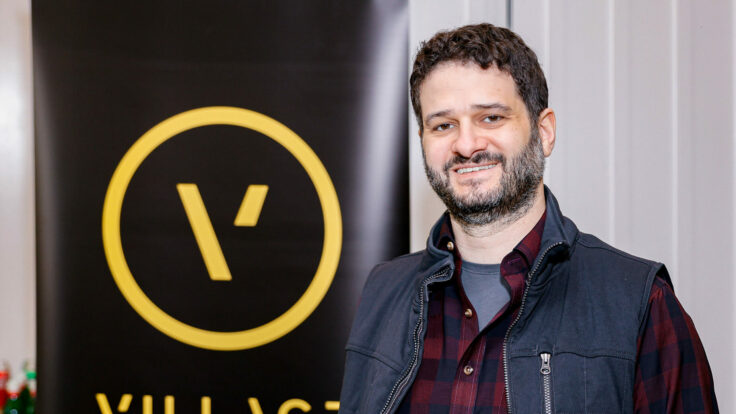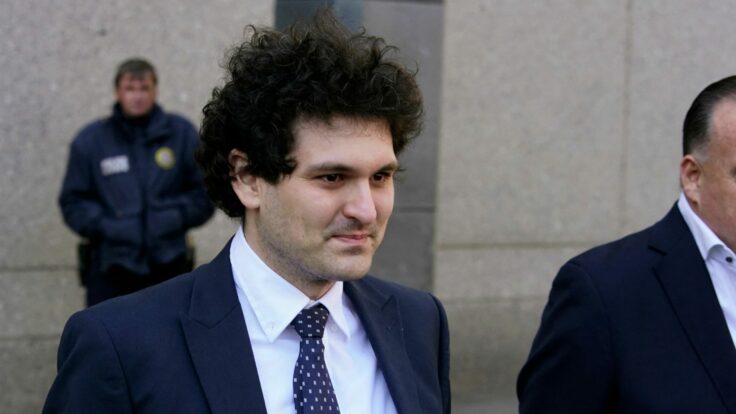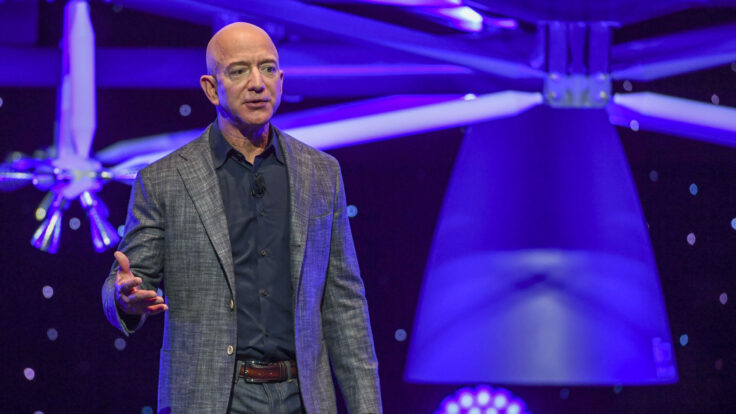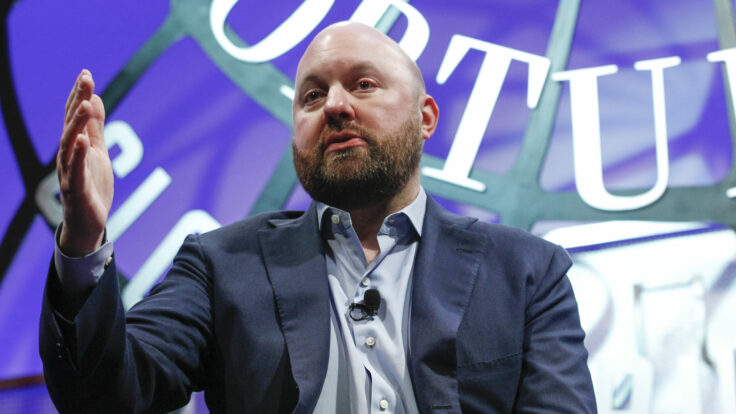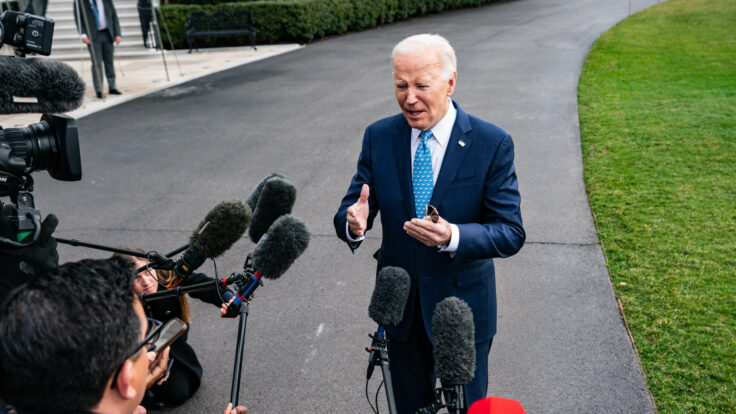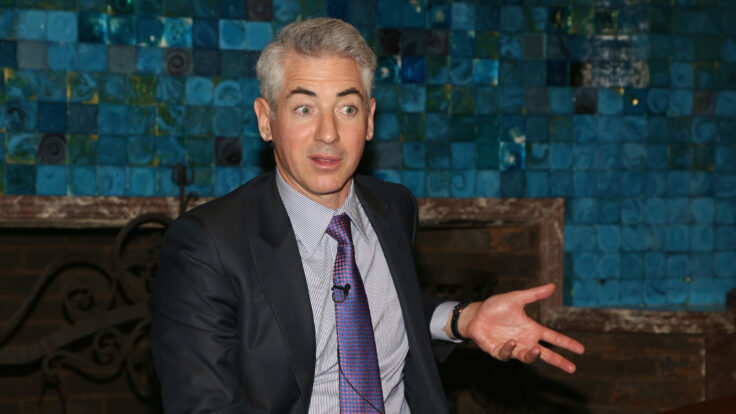Last week, I was talking to a top Joe Biden fundraiser who made a claim that, at first blush, I assumed was pure hyperbole. Admittedly, my question seemed crass: I asked this person point blank about the fundraising haul required to ascertain a plum ambassadorship—or to be “taken care of” in political parlance. I assumed the answer to be in the high-six figures, maybe more. But this person’s response was stunning. “I think raising money is a deterrent to getting taken care of,” they shot back. “This cycle, being a part of the money side of things is a negative.”
I rolled my eyes. “That’s crazy,” I responded. After all, it’s no news to you that rich people around the country every four or eight years partake in one of America’s most transparent, bipartisan traditions: auctioning diplomatic posts to campaign fundraisers, or bundlers. In 2016, raising $1 million might have bought an ambassadorship anywhere in the world, part of an age-old ritual through which the mega-wealthy trade the lavish perks and reputation cleansing effect of diplomatic status. Joe Kennedy, a Nazi-appeaser and bootlegger, was ambassador to the Court of St. James. Woody Johnson, a scion of minimal repute, had the same job a half century later.








